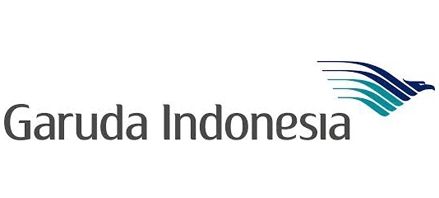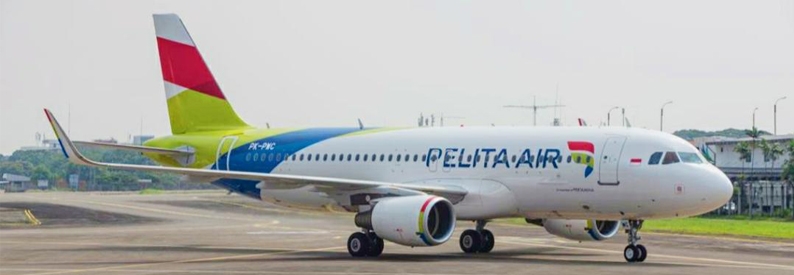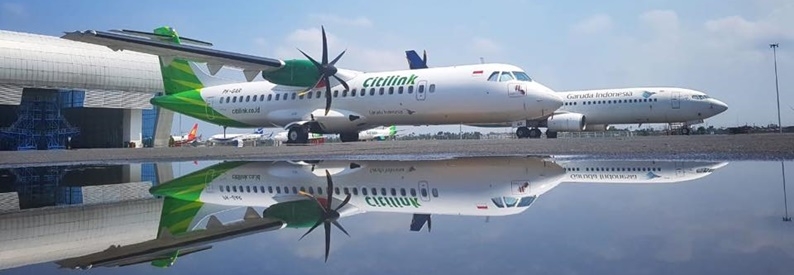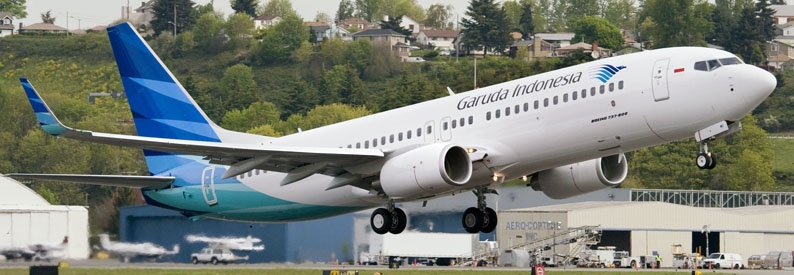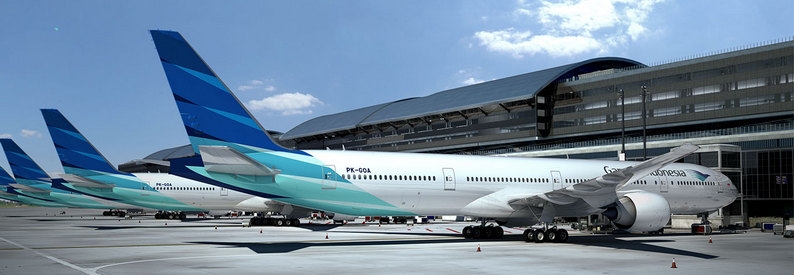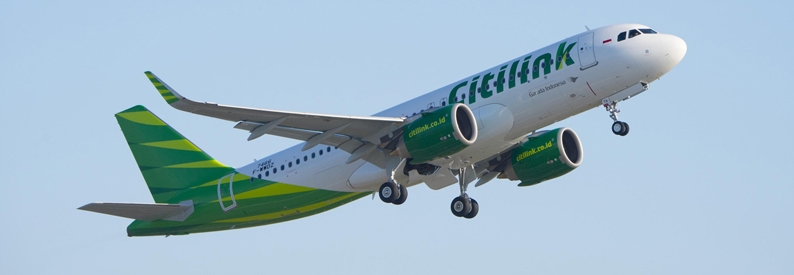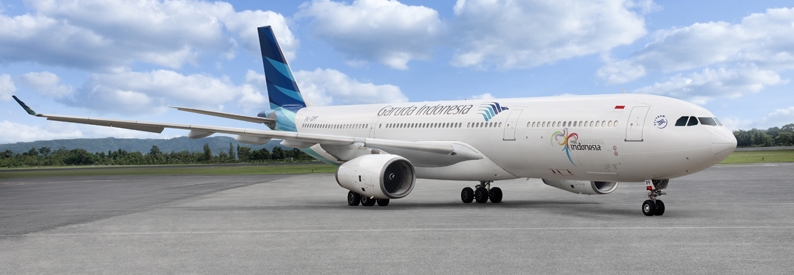Garuda Indonesia Group, which includes Garuda Indonesia (GA, Jakarta Soekarno-Hatta) and Citilink (QG, Jakarta Soekarno-Hatta), says global supply chain challenges are the reason why 15 aircraft are grounded, rather than failing to pay for parts and maintenance.
Bloomberg suggested in a news report that financial pressures at both airlines had caused maintenance and parts invoices to fall into arrears. Some MRO and parts suppliers are reportedly now demanding payment in advance, and, as a result, some aircraft are going out of service pending payment. The group's maintenance chief, Rahmat Hanafi, denied this.
"Garuda Indonesia Group is committed to enhancing its production capacity despite the current challenges in the global aviation industry, particularly the disruptions in the aircraft spare parts supply chain," he said. "As part of these efforts to optimise production capacity, one Garuda Indonesia aircraft and 14 Citilink aircraft are currently awaiting the acceleration of routine maintenance scheduling."
"This maintenance includes heavy processes (overhaul), such as spare part replacements, and will ensure the aircraft are ready for operation," Hanafi added. "The entire fleet maintenance process is scheduled to be completed this year."
According to the ch-aviation Commercial Aviation Aircraft Data module, 21 of Garuda's 78 aircraft are out of service for various reasons, while 32 of Citilink's 62 aircraft are also out of service. This number includes the 15 cited by Hanafi. Others are in long-term storage, surplus to requirements, retired, or out of lease.
Recently, the group's new CEO Wamildan Tsani said he wanted to have around 100 aircraft back in the air by the end of 2025, although he did not say how he would achieve this. The number of confirmed entry and re-entry into service aircraft at both airlines over the next few months is small.
"In line with these fleet optimisation efforts, Garuda Indonesia has added four narrowbody aircraft since the end of 2024, specifically the B737-800 models," said Hanafi. "Two of these aircraft, PK-GUF (msn 30141) and PK-GUG (msn 30142), are already in service, while the remaining two, PK-GUH (msn 44218) and PK-GUI (msn 44217), are set to begin operations in the second quarter of 2025."
Garuda Indonesia Group entered into its third court-supervised debt restructuring at the end of 2021. Among other measures, the company cut its debt from approximately USD10.5 billion to USD4.6 billion. Other outcomes included a fleet reduction and network downsizing. Garuda later exited its business rehabilitation, with then-CEO Irfan Setiaputra saying he was confident the company was now well-positioned.
However, after notching up a profit in calendar 2022 and 2023, Garuda Indonesia Group recorded a net loss of USD62.9 million across 2024. Its first quarter 2025 loss, reported last week, was USD76.5 million.
The state-owned company's more recent faltering financials are due to a combination of factors, including an economic downturn and a weakening local currency.
The company also still has reputational issues stemming from the so-called Quantum Leap engine scandal involving the procurement of aircraft and engines and kickbacks paid by Airbus and Rolls-Royce. As a result, a decade later, many aviation industry companies, including lessors, remain unwilling to deal with the group.
"Garuda Indonesia remains optimistic in its transformation into an agile and competitive airline, delivering safe and reliable air transportation services to the public," Hanafi insisted.
